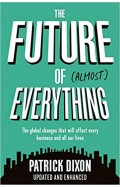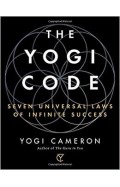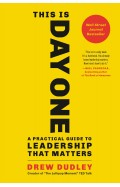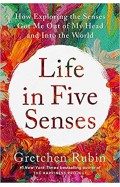- Home
- Books
- Categories
- Non Fiction
- Self Help
- Personal Development
- Radical Uncertainty: Decision-making for an unknowable future
Radical Uncertainty: Decision-making for an unknowable future
By: Mervyn King
-
Rs 1,747.50
- Rs 3,495.00
- 50%
You save Rs 1,747.50.
Due to constant currency fluctuation, prices are subject to change with or without notice.
This major, critically acclaimed work asks a vitally important question for today: when uncertainty is all around us, and the facts are not clear, how can we make good decisions?
We do not know what the future will hold, particularly in the midst of a crisis, but we must make decisions anyway. We regularly crave certainties which cannot exist and invent knowledge we cannot have, forgetting that humans are successful because we have adapted to an environment that we understand only imperfectly. Throughout history we have developed a variety of ways of coping with the radical uncertainty that defines our lives.
This incisive and eye-opening book draws on biography, history, mathematics, economics and philosophy to highlight the most successful - and most short-sighted - methods of dealing with an unknowable future. Ultimately, the authors argue, the prevalent method of our age falls short, giving us a false understanding of our power to make predictions, leading to many of the problems we experience today.
This major, critically acclaimed work asks a vitally important question for today: when uncertainty is all around us, and the facts are not clear, how can we make good decisions?
We do not know what the future will hold, particularly in the midst of a crisis, but we must make decisions anyway. We regularly crave certainties which cannot exist and invent knowledge we cannot have, forgetting that humans are successful because we have adapted to an environment that we understand only imperfectly. Throughout history we have developed a variety of ways of coping with the radical uncertainty that defines our lives.
This incisive and eye-opening book draws on biography, history, mathematics, economics and philosophy to highlight the most successful - and most short-sighted - methods of dealing with an unknowable future. Ultimately, the authors argue, the prevalent method of our age falls short, giving us a false understanding of our power to make predictions, leading to many of the problems we experience today.
The End Of Alchemy: Money, Banking And The Future Of The Global Economy
By: Mervyn King
Rs 1,147.50 Rs 2,295.00 Ex Tax :Rs 1,147.50
Radical Uncertainty: Decision-making for an unknowable future
By: Mervyn King
Rs 1,747.50 Rs 3,495.00 Ex Tax :Rs 1,747.50
Radical Uncertainty - Decision-making for an Unknowable Future
By: Mervyn King
Rs 2,965.50 Rs 3,295.00 Ex Tax :Rs 2,965.50
Zubin Mehta: A Musical Journey (An Authorized Biography)
By: VOID - Bakhtiar K. Dadabhoy
Rs 892.50 Rs 1,050.00 Ex Tax :Rs 892.50
Built to Last Successful Habits Of Visionary CompaniesAI
By: James C. Collins
Rs 4,045.50 Rs 4,495.00 Ex Tax :Rs 4,045.50
Great Soul Mahatma Gandhi And His Struggle With India
By: Joseph Lelyveld
Rs 731.25 Rs 975.00 Ex Tax :Rs 731.25
The Power Of Positive Thinking For Young People
By: Norman Vincen Peale
Rs 2,245.50 Rs 2,495.00 Ex Tax :Rs 2,245.50
Get Real: How To Tell It Like It Is In A World of Illusions
By: Eliane Glaser
Rs 531.25 Rs 625.00 Ex Tax :Rs 531.25
Notes from Your Therapist: A Book about Feelings
By: Allyson Dinneen
Rs 3,395.75 Rs 3,995.00 Ex Tax :Rs 3,395.75
Statement of Purpose, Structure and Research Goals
By: Sloan School of Management Center Fo
Rs 6,795.00 Ex Tax :Rs 6,795.00
The Meditator's Dilemma - An Innovative Approach to Overcoming Obstacles and Revitalizing Your Practice
By: Bill Morgan
Rs 1,270.75 Rs 1,495.00 Ex Tax :Rs 1,270.75
Platonic: How Understanding Your Attachment Style Can Help You Make and Keep Friends
By: Marisa G. Franco
Rs 2,846.25 Rs 3,795.00 Ex Tax :Rs 2,846.25
365 Ways to Be Happy: Inspiration and Motivation for Every Day
By: Summersdale
Rs 1,525.75 Rs 1,795.00 Ex Tax :Rs 1,525.75
The Future of Almost Everything - Paperback
By: Patrick Dixon
Rs 2,800.75 Rs 3,295.00 Ex Tax :Rs 2,800.75
The Yogi Code: Seven Universal Laws of Infinite Success
By: Atria/Enliven Books
Rs 1,015.75 Rs 1,195.00 Ex Tax :Rs 1,015.75
Don't Say Um - How to Communicate Effectively to Live a Better Life
By: Michael Chad Hoeppner
Rs 3,436.00 Rs 4,295.00 Ex Tax :Rs 3,436.00
101 Essays that will Change the way You think
By: Brianna Wiest
Rs 1,795.50 Rs 1,995.00 Ex Tax :Rs 1,795.50
Influential Woman : A Fresh Approach to Tackling Inequality and Leading Change at Work
By: Dion Johnson
Rs 2,545.75 Rs 2,995.00 Ex Tax :Rs 2,545.75
Crooks: The Stories Behind the Headlines
By: Paul Williams
Rs 3,865.50 Rs 4,295.00 Ex Tax :Rs 3,865.50
Kaizen: The Japanese Method for Transforming Habits, One Small Step at a Time
By: Sarah Harvey
Rs 3,415.50 Rs 3,795.00 Ex Tax :Rs 3,415.50
Alicess Adventures in Wonderland and Through the Looking Glass
By: Miles Kelly Publishing
Rs 1,197.50 Rs 2,395.00 Ex Tax :Rs 1,197.50
This Is Day One: A Practical Guide to Leadership That Matters
By: Drew Dudley
Rs 1,695.75 Rs 1,995.00 Ex Tax :Rs 1,695.75
Life in Five Senses - How Exploring the Senses Got Me Out of My Head and Into the World
By: Gretchen Rubin
Rs 3,225.75 Rs 3,795.00 Ex Tax :Rs 3,225.75
INTERNATIONAL PRIMARY COMPUTING STUDENT'S BOOK - Stage 2
By: Dr Tracy Gardner
Rs 2,245.50 Rs 2,495.00 Ex Tax :Rs 2,245.50
Zubin Mehta: A Musical Journey (An Authorized Biography)
By: VOID - Bakhtiar K. Dadabhoy
Rs 892.50 Rs 1,050.00 Ex Tax :Rs 892.50
The End Of Alchemy: Money, Banking And The Future Of The Global Economy
By: Mervyn King
Rs 1,147.50 Rs 2,295.00 Ex Tax :Rs 1,147.50
Radical Uncertainty: Decision-making for an unknowable future
By: Mervyn King
Rs 1,747.50 Rs 3,495.00 Ex Tax :Rs 1,747.50
Radical Uncertainty - Decision-making for an Unknowable Future
By: Mervyn King
Rs 2,965.50 Rs 3,295.00 Ex Tax :Rs 2,965.50












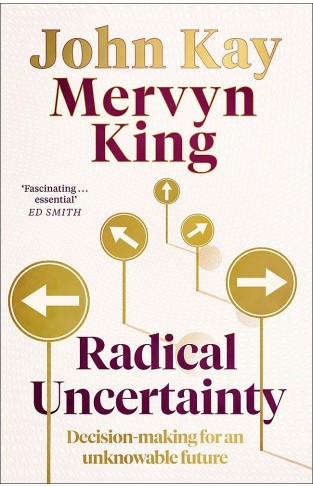

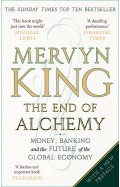


-120x187.jpg?q6)






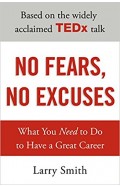

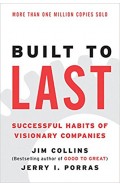
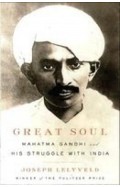
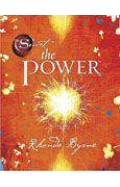
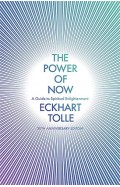
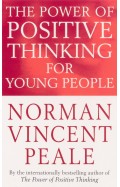
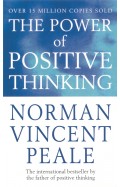

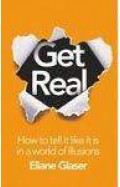



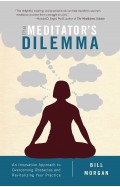




-120x187.jpg?q6)
